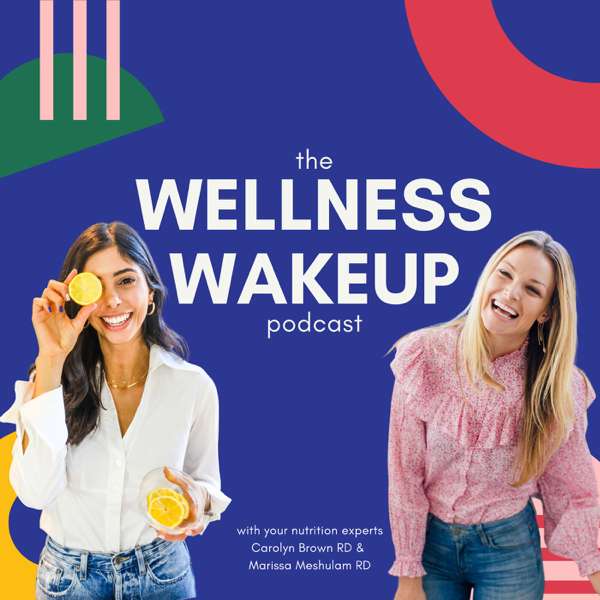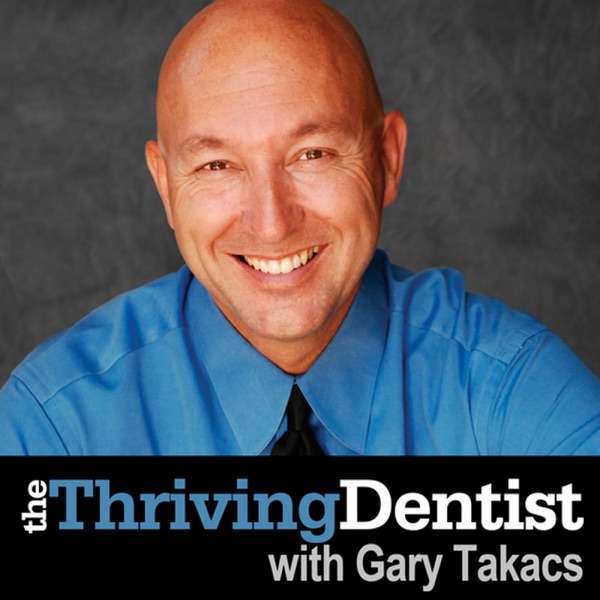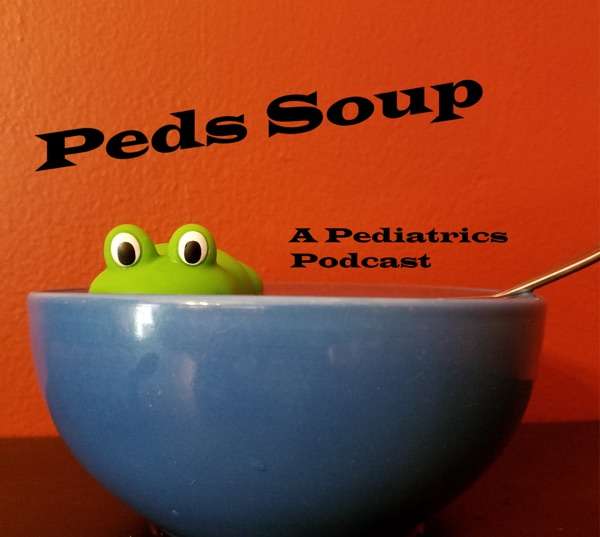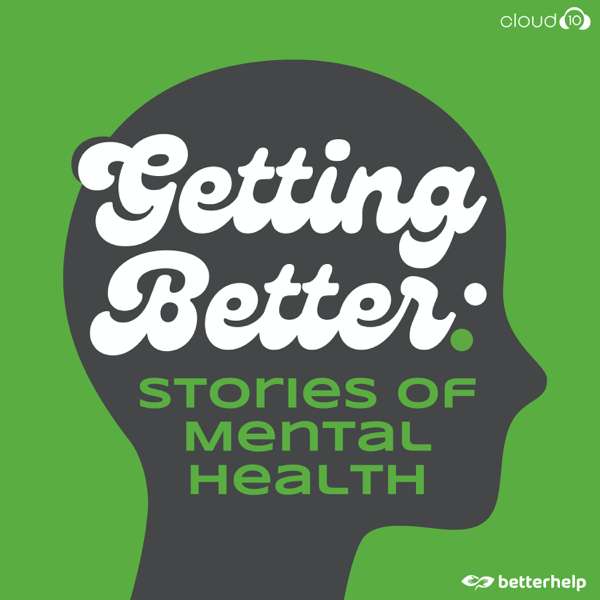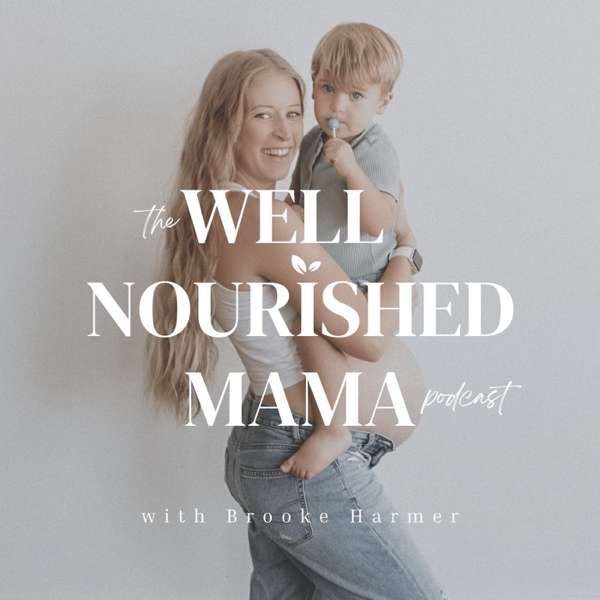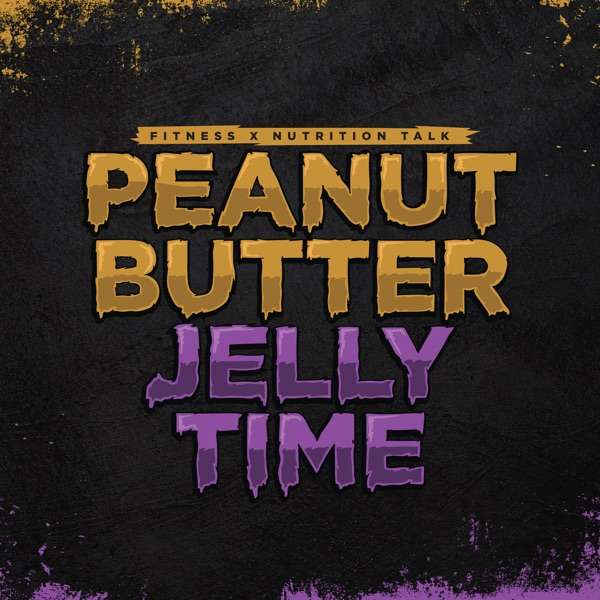In this episode, Dr. Anna Lembke, an internationally recognized expert in addiction and dopamine, discusses addiction, dopamine's role in pain and pleasure, dopamine agonists, and more.
**Please note, taking regular carbidopa/levodopa alone very rarely leads to someone experiencing impulse control disorders, so please do not delay taking these Parkinson’s medications because of a fear of developing an impulse control disorder. If your symptoms are getting in the way of your daily activities and quality of life, work with your doctor to find the right dose for you. Dopamine agonists, on the other hand, which are more commonly prescribed in the early stages of Parkinson’s, are the types of medication that put people at greater risk. Still, it’s not a given. Each person responds to medication differently, and whatever side effects you do experience are almost always duration and dose-dependent. To learn more about Parkinson’s medication, read Medication and Parkinson’s. For more on impulse control disorders and dopamine agonists, read Impulse Control Disorders and How to Manage Them.
Topics discussed include:
- Can you define pleasure and pain and the role dopamine plays in them?
- How has our drive for pleasure changed over time?
- Does being low on dopamine contribute to the pain many with Parkinson’s experience?
- How is the pain/pleasure cycle disrupted in the absence of naturally produced dopamine?
- What is a dopamine precursor, and what does it have to do with impulse control disorders (ICDs) in people with Parkinson’s?
- Are there any early warning signs that someone may be experiencing negative side effects such as impulse control disorders from taking their medication?
- What is addiction, and how does it work in someone with Parkinson’s?
- What is the value of truth-telling for someone who is struggling with an impulse control disorder or any other addiction?
- Is it possible that Parkinson’s meds can expose a preexisting addiction or propensity for addiction?
- Is there a link between head trauma and addiction?
and more! We hope you enjoy!
Want to watch the video version of this podcast? You can watch it on our YouTube!
Loving the Parkinson's Podcast? You can listen to more episodes on our website!
This content is made possible by the generous support of listeners like you. If you would like to make a donation, please visit: https://dpf.org/podcastdonation

 Our TOPPODCAST Picks
Our TOPPODCAST Picks  Stay Connected
Stay Connected


